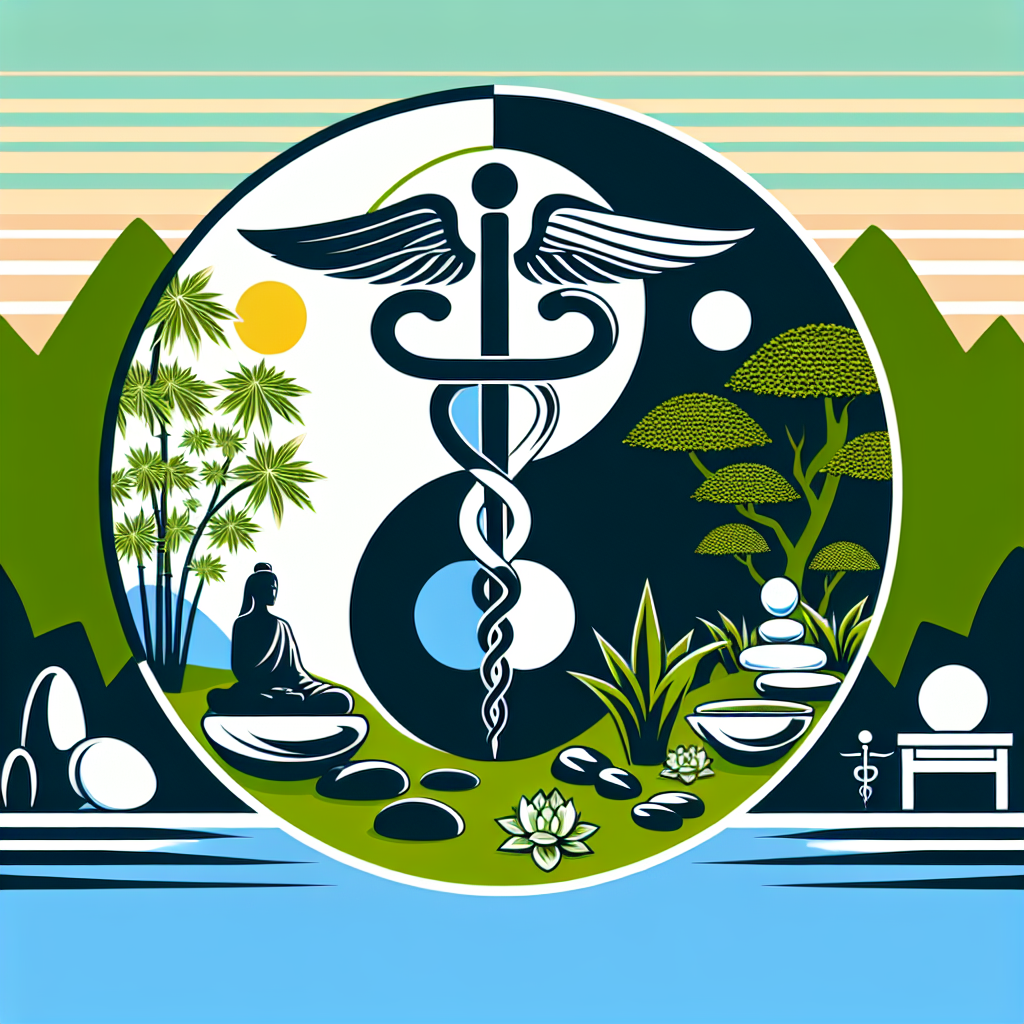Integrating East and West: Holistic Approaches to Managing ADHD Across Cultures
Attention Deficit Hyperactivity Disorder (ADHD) is a neurodevelopmental condition characterized by patterns of hyperactivity, inattentiveness, and impulsiveness. It transcends geographical, cultural, and ethnic boundaries, affecting children and adults worldwide. The management of ADHD has traditionally varied, with Western cultures primarily embracing pharmacological interventions, and Eastern philosophies often favoring more holistic, alternative approaches. Integrating these diverse strategies can provide a comprehensive, culturally sensitive framework for managing ADHD across the globe.
Western Approaches to ADHD
In the West, ADHD is predominantly treated through a biomedical lens, focusing on neurological imbalances and genetic factors. The primary treatment modalities include medication, behavioral therapy, or a combination of both.
Medication
Stimulant medications, such as methylphenidate and amphetamines, are the most common pharmacological treatments for ADHD. They are believed to increase dopamine levels, which helps improve concentration and focus. Non-stimulant medications like atomoxetine and guanfacine are also used, particularly for patients who do not respond well to stimulants or experience significant side effects.
Behavioral Therapy
Behavioral interventions in the West often involve structured guidance to develop organizational skills, enhance attention, and reduce disruptive behavior. Cognitive Behavioral Therapy (CBT) is a common approach, aiming to modify negative thought patterns and behaviors associated with ADHD.
Eastern Approaches to ADHD
Eastern medicine, with its roots in holistic healing traditions such as Traditional Chinese Medicine (TCM), Ayurveda, and other indigenous practices, offers a different perspective on ADHD. It views the condition as a symptom of imbalance within the body and emphasizes restoring harmony through natural remedies, dietary adjustments, and mind-body practices.
Acupuncture and Herbal Medicine
In TCM, acupuncture and herbal medicine are often used to balance the body’s qi (energy flow), which is believed to be disrupted in ADHD. Acupuncture involves inserting thin needles into specific body points, while herbal medicine utilizes various plants and minerals to restore equilibrium.
Dietary Interventions
Both TCM and Ayurveda emphasize the importance of diet in managing health conditions. For ADHD, this may involve avoiding foods that are believed to exacerbate symptoms, such as those high in sugar, while incorporating nutrient-rich, balanced meals to support overall well-being.
Mind-Body Practices
Yoga, Tai Chi, and meditation are integral to Eastern healing traditions, promoting mental calmness, physical relaxation, and improved concentration. These practices can be particularly beneficial for individuals with ADHD, helping to reduce hyperactivity, enhance focus, and improve emotional regulation.
Integrating East and West
The integration of Eastern and Western approaches offers a promising path for managing ADHD in a more holistic, individualized manner. This fusion not only respects cultural diversity but also acknowledges the multifaceted nature of ADHD. Here are several ways to integrate these approaches:
Complementary Treatments
Medication and behavioral therapy can be complemented with Eastern practices such as acupuncture, dietary adjustments, and mind-body exercises. This comprehensive approach can help address the neurological aspects of ADHD while also promoting overall physical and mental health.
Personalized Care
Recognizing the unique needs and preferences of each individual with ADHD is crucial. A combination of Western and Eastern treatments tailored to the person’s specific symptoms, lifestyle, and cultural background can enhance treatment efficacy and adherence.
Educating Practitioners and Patients
Increasing awareness and understanding among healthcare providers and patients about the benefits and limitations of both Eastern and Western treatments can foster more informed decision-making. Cross-cultural education initiatives can play a significant role in this regard.
Research and Collaboration
Encouraging collaborative research initiatives that explore the efficacy of integrated treatment models for ADHD can provide empirical support for these approaches. Comparative studies examining the outcomes of combined Eastern and Western interventions versus conventional treatments alone could offer valuable insights.
Policy and Access
Efforts to incorporate holistic, integrated ADHD treatments into healthcare policies can improve access to a broader range of therapeutic options. Insurance coverage for alternative therapies, when used as part of an integrated treatment plan, can also make these approaches more accessible to diverse populations.
Conclusion
The management of ADHD presents a unique opportunity to bridge Eastern and Western healing philosophies, offering a more holistic, culturally sensitive approach to treatment. By acknowledging the strengths and limitations of both perspectives, healthcare providers can develop integrated strategies that address the complex needs of individuals with ADHD. This not only enhances the quality of care but also respects the cultural diversity of patients and their families. As the global dialogue around mental health continues to evolve, embracing an integrated approach to managing ADHD can lead to more effective, compassionate, and personalized care for individuals affected by this condition worldwide.

